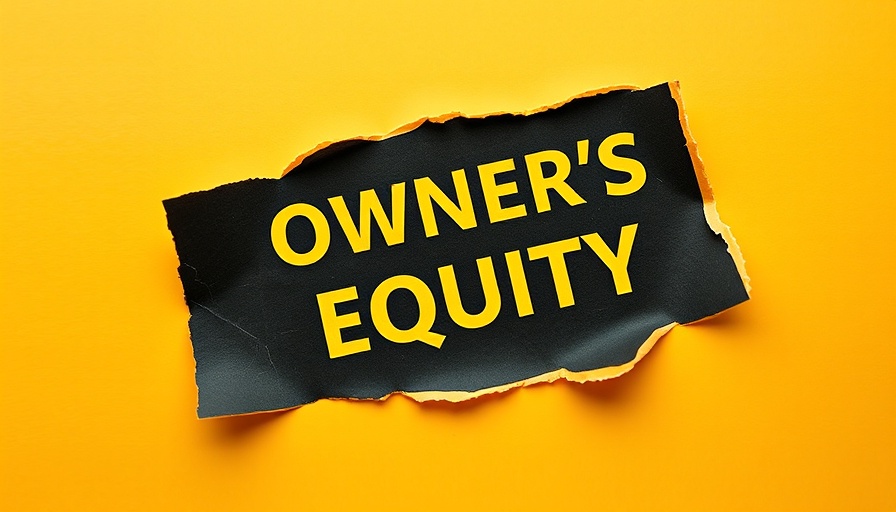
Understanding Owner's Equity: The Foundation of Your Business Finances
For small business owners, comprehending owner’s equity is pivotal. Much like having a shared dessert at a gathering, owner’s equity represents what remains for you after fulfilling all your obligations. It can be seen as your financial pie, which, in the world of accounting, is calculated as assets minus liabilities.
Breaking Down the Accounting Equation
The accounting equation is the backbone of understanding owner’s equity: Assets = Liabilities + Owner’s Equity. Here, owner’s equity encapsulates the net worth of the owner in the business.
Here’s a simple breakdown:
- Assets: What your business owns, from cash to property.
- Liabilities: What your business owes, such as loans or unpaid bills.
- Owner’s Equity: What’s left for you, the owner.
Components of Owner's Equity in Sole Proprietorships
In a sole proprietorship, determining owner’s equity involves three main components:
- Investments: Any additional capital you put into your business.
- Withdrawals: Capital you take out, often for personal expenses.
- Net Income: Profits that are reinvested into your business.
To illustrate, let’s say you start your tech venture with an investment of $200,000. If your net income after six months is $300,000, your total is now $500,000. If you withdraw $10,000 unexpectedly, your remaining equity stands at $490,000. This example not only highlights the dynamics of equity but also stresses the importance of balancing withdrawals against investments.
Exploring Stockholders' Equity in Corporations
For those considering a corporate structure, the concept of stockholders' equity comes into play. Unlike sole proprietorships, corporations categorize their equity into components like common stock and preferred stock, each serving distinctly different purposes.
Understanding these differences can empower business owners to make informed decisions regarding their company structure and financing strategies, ultimately reflecting the core essence of what ownership means in a corporate environment.
Why Owner’s Equity Matters
Every small business owner should prioritize understanding and monitoring owner’s equity. It not only reflects your ownership stake but is also crucial for future growth and sustainability. Regular assessments of your equity position can guide significant decisions ranging from securing loans to reinvesting in your business.
In summary, grasping the concept of owner’s equity equips you, the business owner, with the tools to drive your financial decisions and enhance your understanding of the economic viability of your enterprise.
 Add Row
Add Row  Add
Add 




Write A Comment